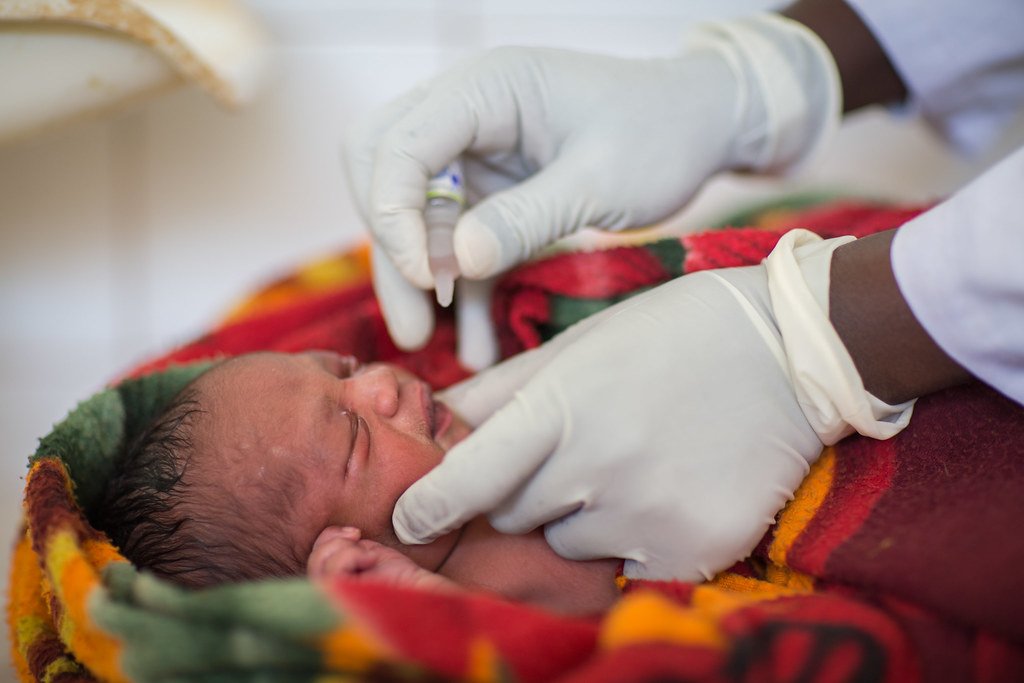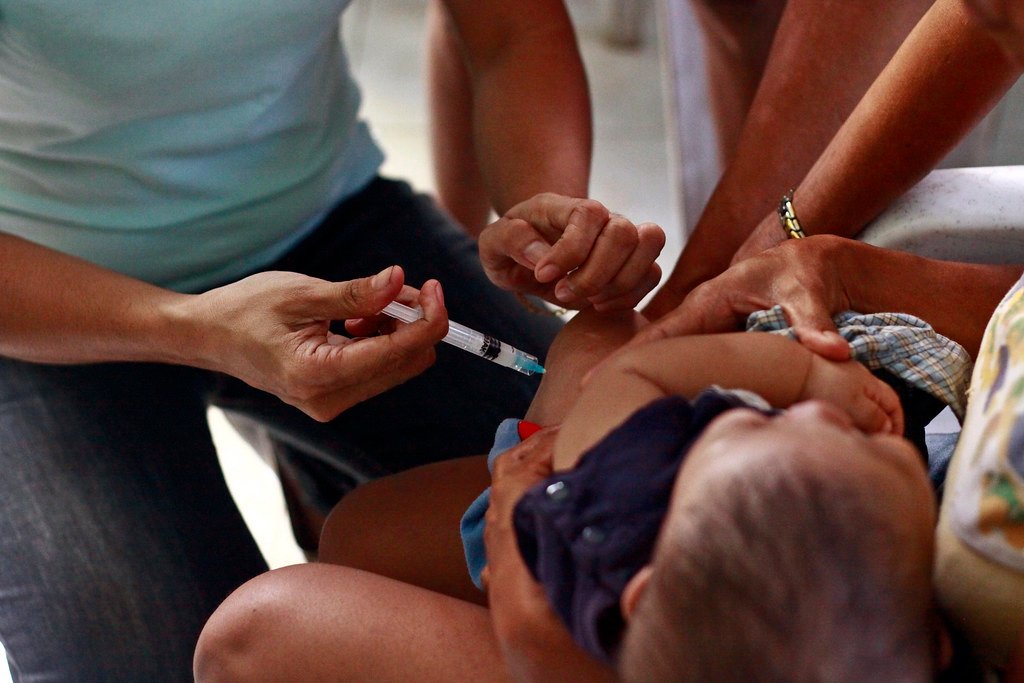Why So Many Vaccines At The Early Part of Life?
2 comments
I took a look at my child’s vaccination card and I was shocked at how many vaccines he has to take in the space of 2 years. It has been a lot and he isn't even 2 years old. Vaccination for children is often given to them monthly, and some need to be given to the child immediately after birth like hepatitis B. Some hospitals will not allow you to take the child home without giving them this vaccine.
Measles vaccine, given at 12 months, polio given at 2 months, hepatitis A vaccine, rotavirus vaccine, pneumococcal, Covid-19 vaccine, and many more, to prevent over 14 different diseases with over 25 shots given both intravenously and orally. These diseases in the past caused a whole host of problems and side effects including brain damage, paralysis, seizures, broken bones, pneumonia, heart disease, hearing loss, loss of arms and legs, blood poisoning, and even death.
In recent years, a lot of parents are declining to get their children vaccinated and the once who decide to get their children vaccinated often omit their schedule and no doubt, the vaccinations can be very overwhelming. Giving children shots as early as a day old can be very scary but then giving them is very necessary, especially for infants up to 1 day old because their organs aren't completely formed, their immune systems are still new and not strong enough meaning they are susceptible to various diseases.
The purpose of the vaccines is to build the infant’s immune system since it is still new and weak and the timing is curated to do this effectively. You might then ask how these conclusions were reached. The answer is that they have been scrutinized by multiple organizations after several studies have been done to ensure safety.
One of the reasons why these vaccines are given at an early age is that they are fully prepared before they can encounter the disease. The immune system is another reason why it is given in infancy. This is because the immune system is trained early but then, the schedule is given so the maternal antibodies will not prevent the babies from producing their antibodies. For instance, the measles vaccine is best given between 12 and 15 months and it has been said to be best at preventing measles infection but then parents are always concerned about the immune system of their child being overwhelmed.
Our body is exposed to lots of antigens at once, and allowing children to build their immunity naturally is a gamble we cannot afford to take because the risk of getting this disease outweighs the risk of getting vaccinated early enough. This is because when the disease infects people, it leads to lots of deaths and numerous side effects which I mentioned previously.
At the end, vaccines are made up of 5 components which are the antigens (dead or weakened), stabilizer, adjuvant, preservative, and manufacturer byproducts, and the antigen is the most important part of the vaccine.
For Further Reading and Research
https://www.cdc.gov/vaccines/hcp/imz-best-practices/timing-spacing-immunobiologics.html
https://www.cdc.gov/vaccines/hcp/imz-schedules/child-adolescent-age.html
https://www.unicef.org/parenting/health/parents-frequently-asked-questions-vaccines




Comments